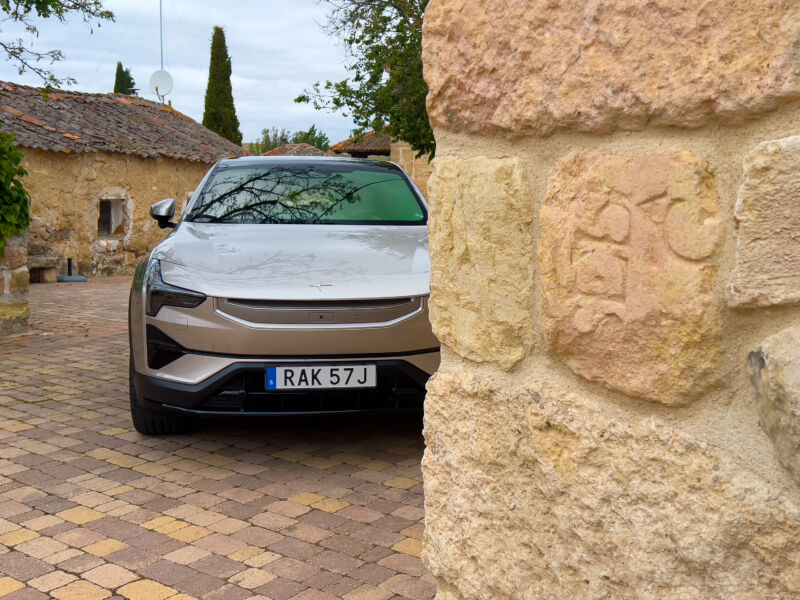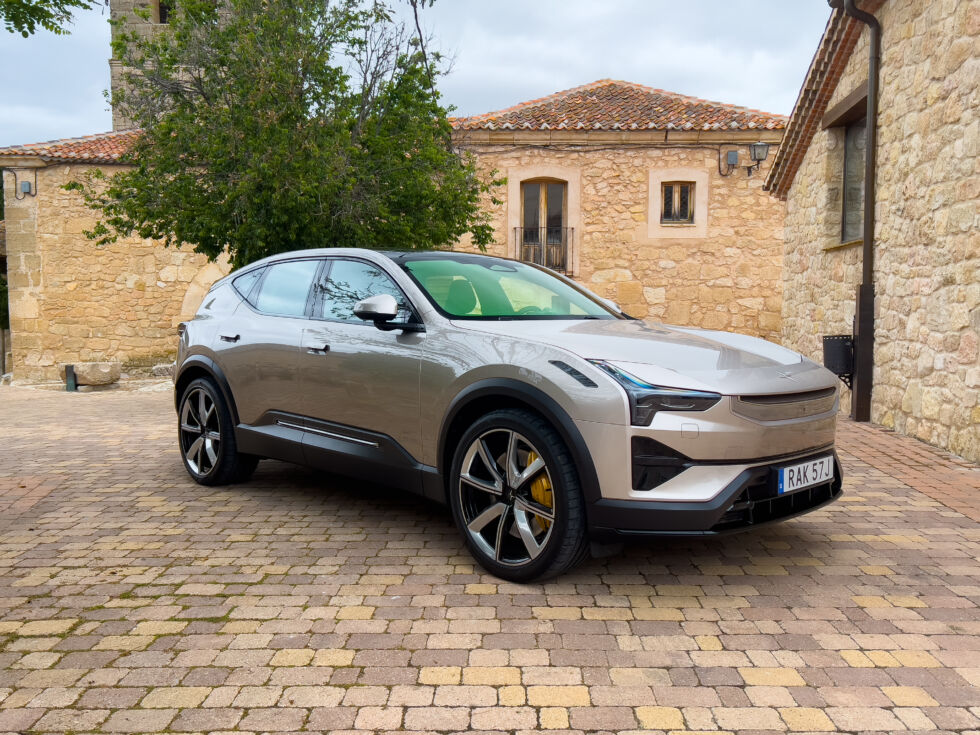
Jonathan Gitlin
MADRID, Spain—2024 is a big year for Polestar. It was spun out of Volvo in 2017 as a standalone performance electric brand, and in 2019, we tried its first car, a low-volume plug-in hybrid GT that wowed us but only ever amounted to 1,500 cars. Next came the Polestar 2, a compact four-door sedan that was one of the first cars to deeply integrate Google’s automotive services. But now it’s time for the cars most of Polestar’s potential customers have been waiting for—SUVs. And it’s starting with the $73,400 Polestar 3.
Although Volvo has sold its shares in Polestar (leaving its parent company Geely as Polestar’s sole corporate parent), the two companies will continue to share technology and platforms. The Polestar 3 is built on the group’s SPA2 architecture, which is also being used by the forthcoming Volvo EX90; indeed, both are going into production at Volvo’s factory in South Carolina this year.
As a measure of how far the company has come in a relatively short time, the Polestar 3 generates less carbon emissions during production than the smaller, cheaper Polestar 2 when it was introduced in 2020.

Jonathan Gitlin
A pair of configurations are available at launch. The long-range dual motor has a combined output of 489 hp (360 kW) and 620 lb-ft (840 Nm) from a pair of identically rated front and rear drive units. The rear drive unit features clutch-based torque vectoring to distribute power unequally between left and right, and can disengage both rear wheels for better efficiency when cruising at highway speeds.
The motors draw power from a 111 kWh (107 kWh net) lithium-ion battery pack from CATL, which gives the EV an EPA range of 315 miles (507 km). Charge times are 30 minutes for DC fast charging from 10–80 percent at up to 250 kW, or 11 hours using a Level 2 charger.
For an extra $6,000, the long-range dual motor can also be optioned with the Performance Pack, which increases output to 517 hp (380 kW) and 617 lb-ft (910 Nm). This shaves 0.3 seconds from the 0–62 mph (0–100 km/h) time, which drops to 4.7 seconds, although both versions have the same electronically limited 130 mph (201 km/h) top speed. But the higher power output and the Performance Pack’s 22-inch wheels mean an EPA range of just 279 miles (449 km).
Later this year, we expect a long-range single-motor Polestar 3 as well.
-
There’s a minimalist main instrument display for the driver.
Polestar -
The infotainment UI.
Polestar -
There’s a 1.1 cubic foot (32 L) frunk. The rear has 17.1 cubic feet of storage space with the rear seats in use, or 48.9 cubic feet (1,411 L) with the rear seats flat.
-
There’s plenty of leg- and headroom in the back.
Polestar -
Customer deliveries should start any time now, with US-made cars late this year.
Jonathan Gitlin -
This might be our new favorite electric SUV at this price point.
Jonathan Gitlin












